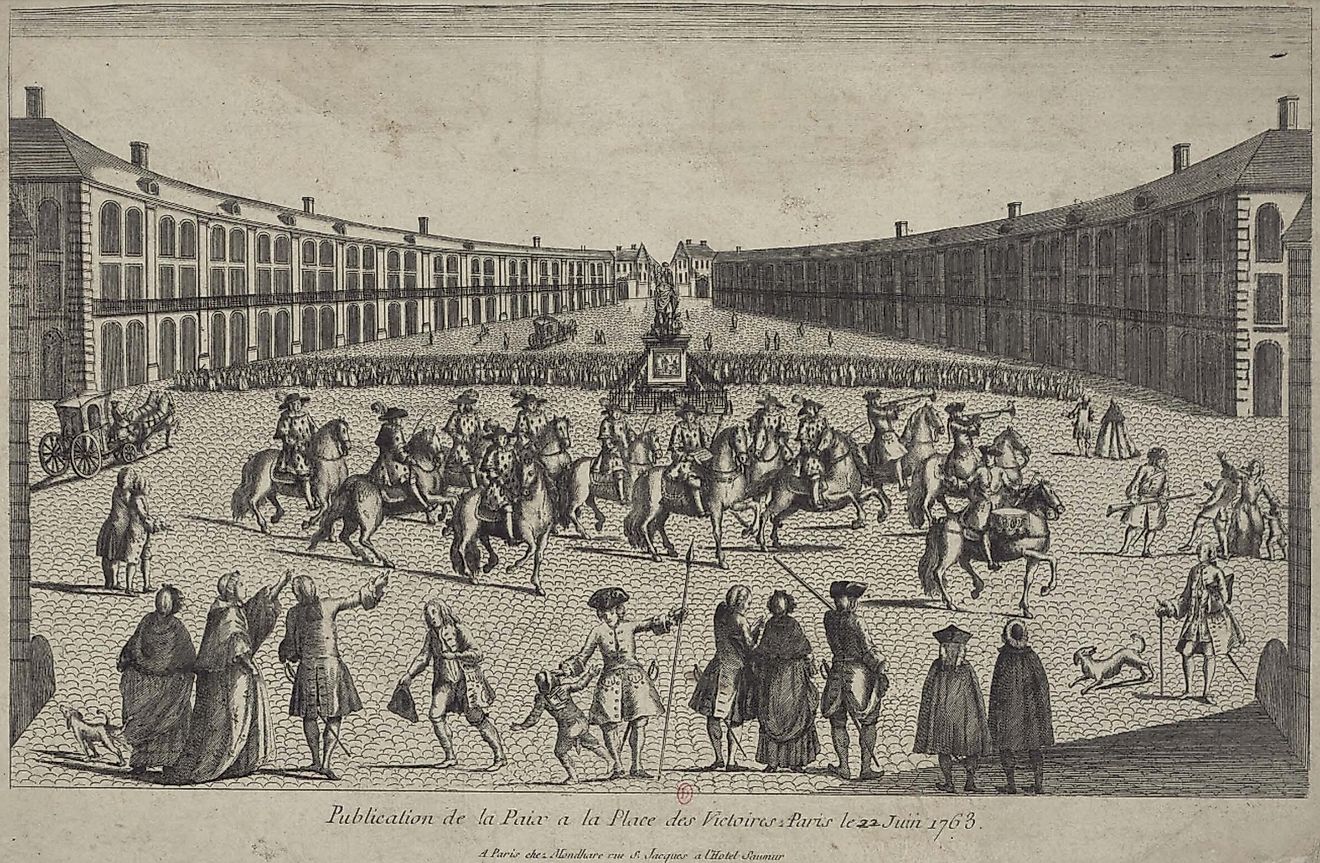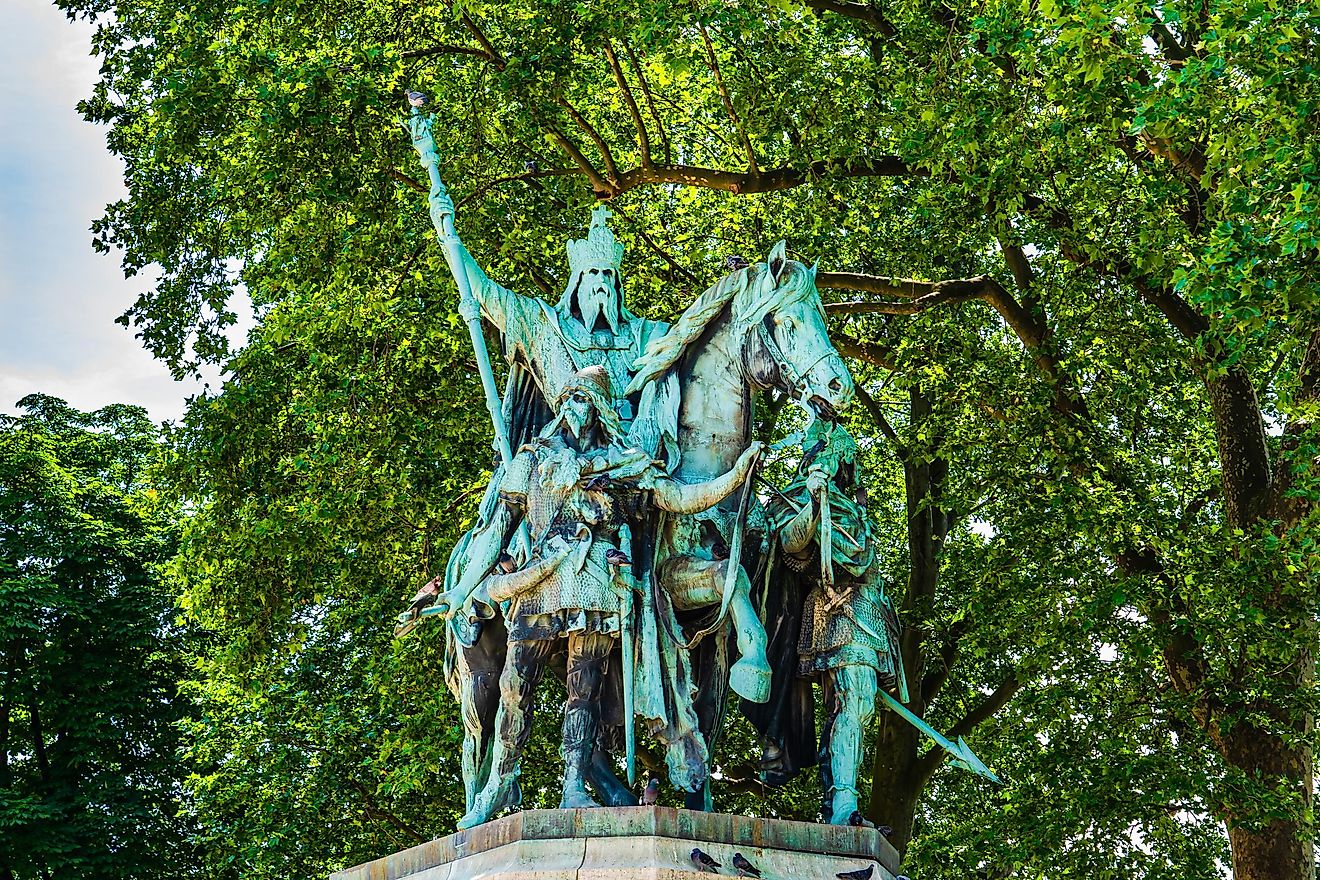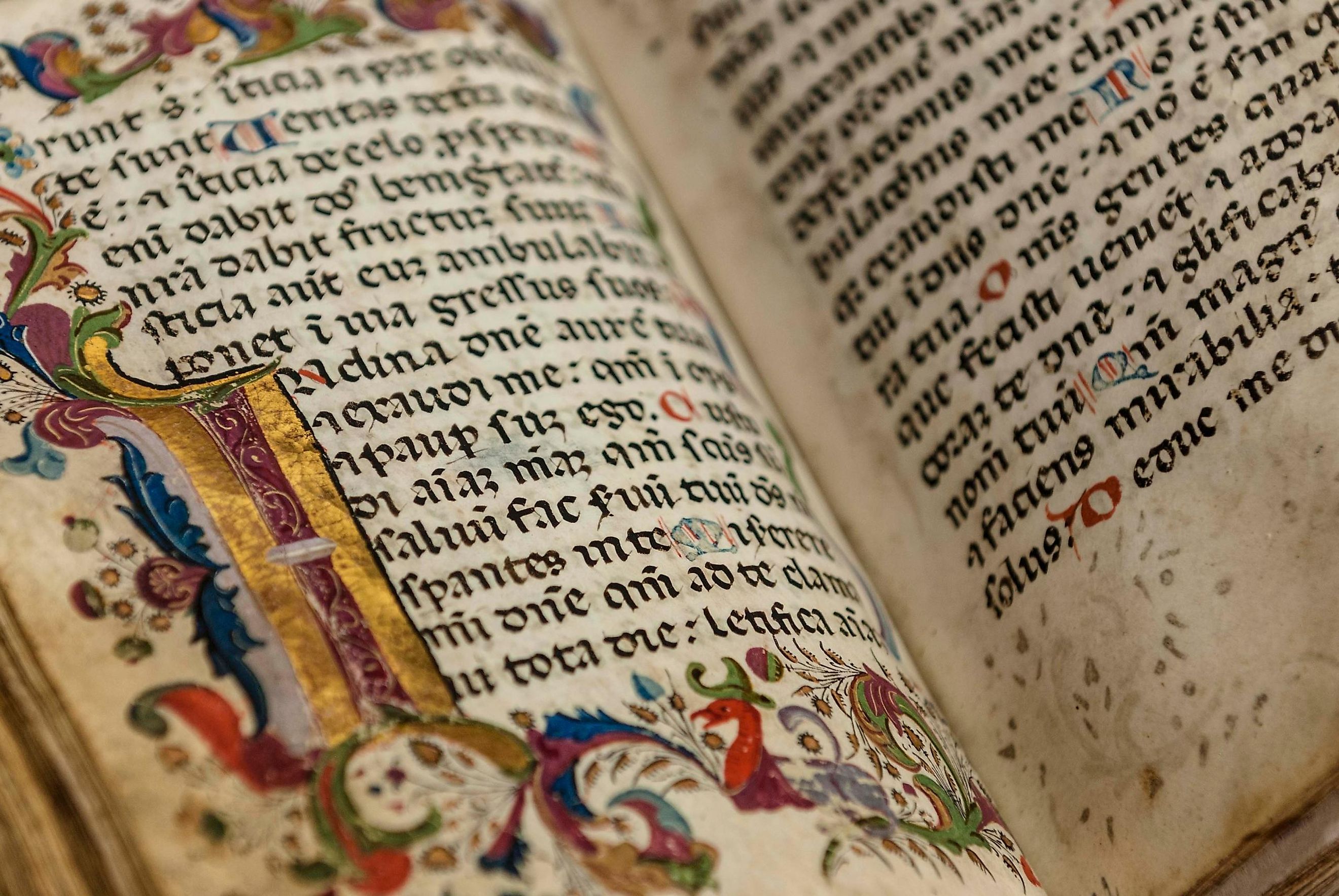
Why Are 900 Years of European History Called the "Dark Ages?"
Here's a question: what about the Dark Ages made them so—well, dark? Many people incorrectly think that the bleakness of this time refers to the quality of life endured by the laboring class. But the term Dark Ages has nothing to do with the hard-working but unassuming peasants. Instead, as we will see, the term was first coined by a well-to-do historian named Francesco Petrarca (often anglicized as Petrarch), who was feeling miffed because of the apparent lack of literature between the 5th and 14th centuries. As we'll see in today's post, the term "Dark Ages" might not be that truthful.
The Alleged "Dark Age" (500 A.D. - 1400 A.D.)
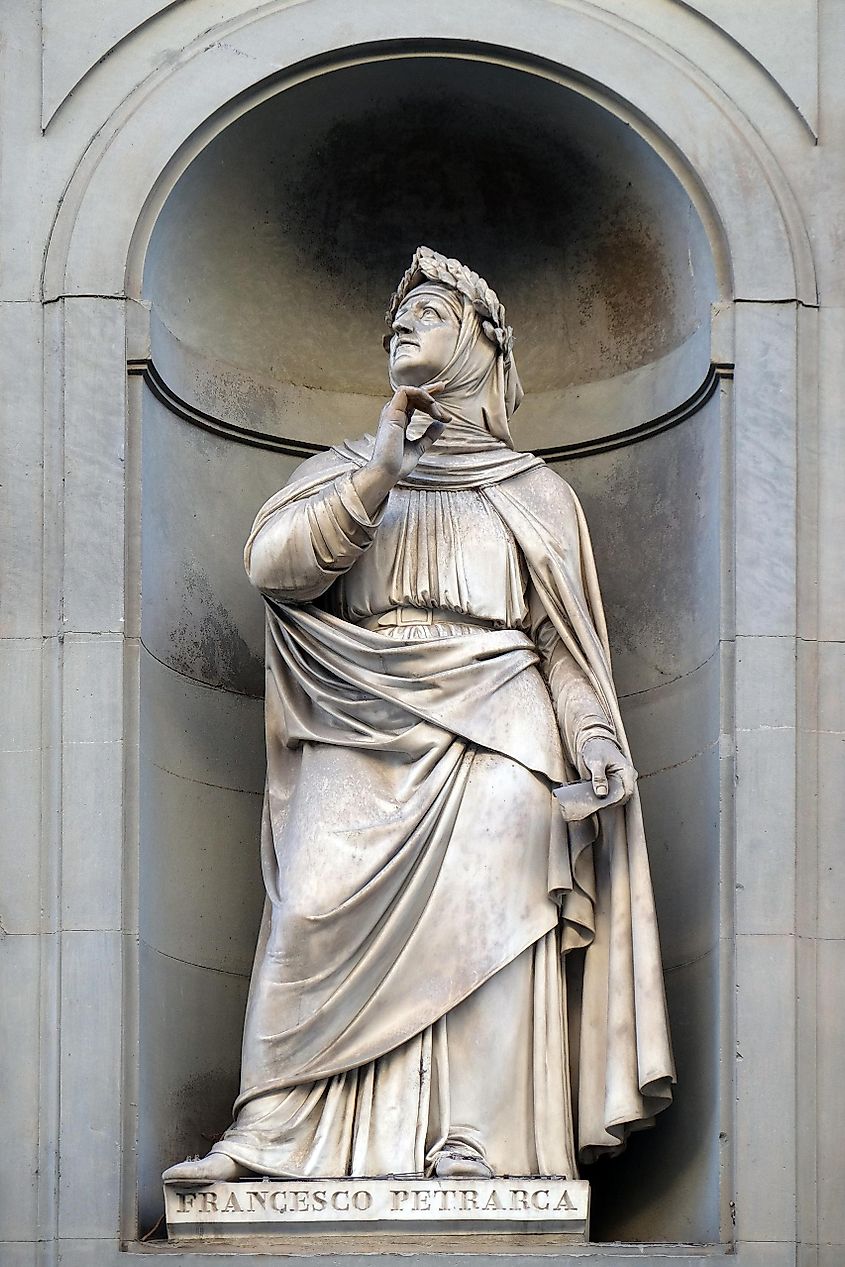
As mentioned above, the early Italian Humanist Francesco Petrarca was the first person to come up with the term "Dark Age." Petrarch was born at the start of the 14th century and was disappointed in the literature produced between 500 A.D. and 1400 A.D. He longed for the sophistication that was so readily present in Ancient Greece. Petrarch craved the high culture of the likes of Athens, Thebes, and other ancient city-states in terms of their art, philosophy, and politics. In his view, the world had entered a literary dark age after the fall of Rome. Later, other philosophers of the Middle Ages added to and expanded on Petrarch's ideas about a dark age. The concept was eventually broadened to refer to the culture as a whole and not just its literary content as Petrarch had initially intended.
Was the Dark Age a Myth?
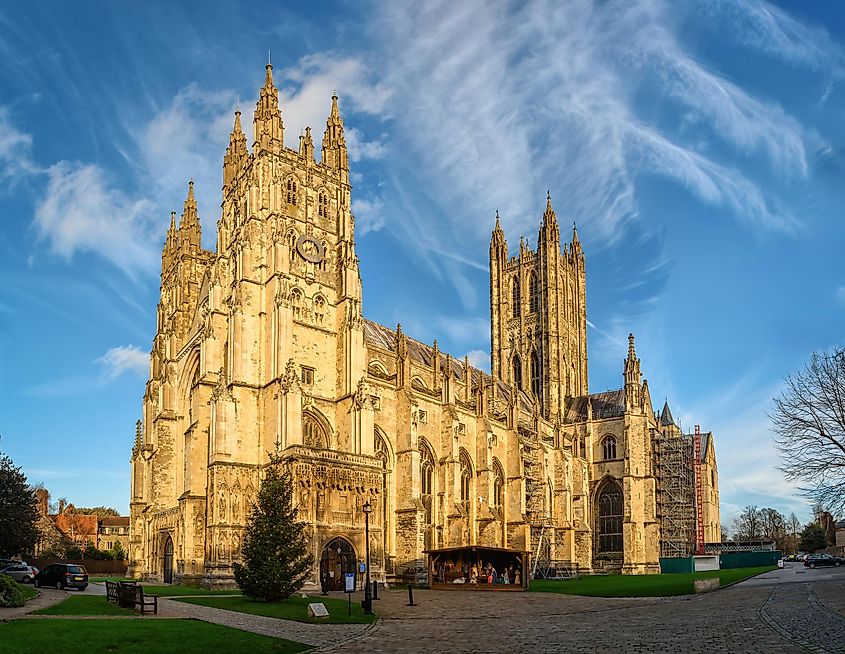
But is it wise to tack the label of "dark" to 900 years of history? An increasing number of voices question the validity of the term "Dark Age." Despite the lack of technology and the dangers associated with travel for that period, the alleged Dark Age was incredibly well-connected. Travel was typically religious in nature, but both the poor and wealthy participated in pilgrimages to places such as Rome, Canterbury and Jerusalem.
The literature and Learning of the Dark Age
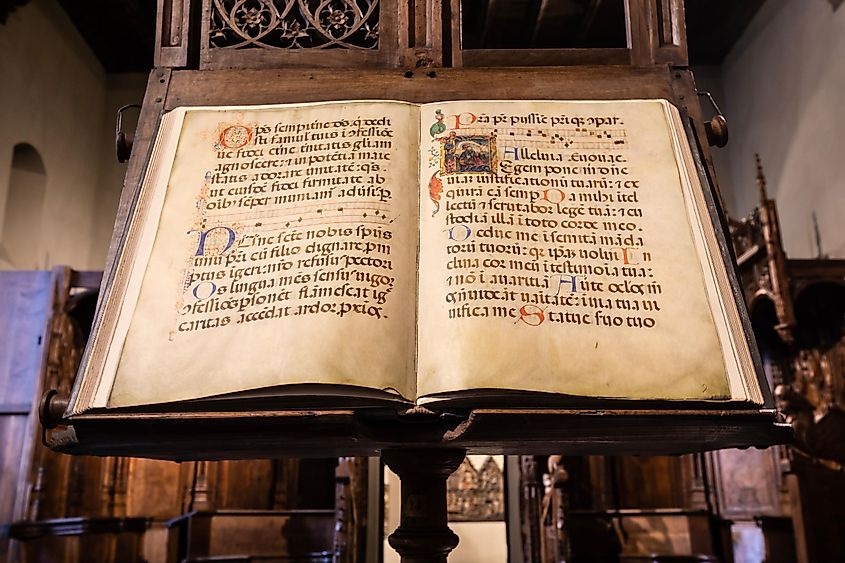
While it is true that life was undoubtedly challenging for the average person in the Middle Ages, it is also true that many people helped to ensure the survival of ancient texts by preserving them in libraries and monasteries throughout Europe. But it wasn't just the preservation of ancient texts; new ideas and breakthroughs were also being made during this time. For example, Emperor Charlemagne is credited with aiding in the survival of many ancient Latin texts and his court is remembered in history as a center for learning. England, Ireland and Italy were also important centers of manuscript production. Over 1000 texts and manuscripts created during the "Dark Ages" survive today and cover various topics, including medical remedies, astronomy and history.
Rejection of Religion
It’s no lie that life was hard in the past. Modern humans have access to all kinds of medical advancements that allow us, on average, to live longer than our ancestors. Breakthroughs in our knowledge of diseases increases our quality and quantity of years. There was a time when people didn’t know that washing your hands was important; better hygiene practices single handily eradicated diseases such as the Black Plague. But whenever you stop and look back through the corridors of history, it becomes apparent that every era of human existence has its unique set of challenges. For example, in the modern world, we live longer and more comfortable lives when compared to people living 1000 years ago, but our society is riddled with mental health issues. Never in the history of the world have there been so many people struggling with anxiety and depression. So, did the alleged Dark Ages have its problems? It certainly did; but we have problems today too. So why is it that history remembers those 900 years with such bleakness? What it ultimately comes down to is a rejection of religion. That time in European history was its most religious, and as the Middle Ages gave way to the Age or Reason in the 17th century, many of the elites of those days, the scholars, philosophers, and historians, began to view those 900 years with a mixture of disdain and smugness. Francesco Petrarca's term used to describe that era’s literary works was adopted to sully an entire epoch of human history.
Indeed, modern historians are backing away from the Dark Ages label and are instead opting to use the term the Middle Ages or the Medieval Period to describe those 900 years. While life was undoubtedly challenging for those living through 500 A.D. to 1400 A.D., it is also true that our modern society is the way it is because of the brave people who came before us. Without the people of that era living, working, and preserving the knowledge and wisdom they acquired, we could not be where we are today.



